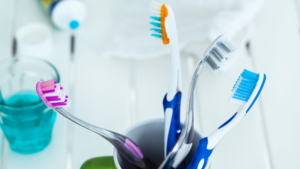By: Dr. Elizabeth Eggert
Maintaining a healthy mouth for a lifetime requires a commitment to good habits every day. While it’s best to begin forming these habits in childhood, it’s never too late to experience the benefits of proper oral care.
The ripple effect of gum disease
Gingivitis occurs when plaque builds up in your mouth and causes gums to become tender and inflamed. If left unattended, gum disease can set in. Gum disease, also known as periodontal disease, is a serious gum infection that is a precursor to a host of increasingly serious health issues such as heart disease, diabetes, lung infections, osteoporosis, hypertension and cancer. Regular brushing, flossing and rinsing can keep plaque from building up in the first place and can help you ward off further problems.
Sugar and tobacco
When you consume sugar, it increases the amount of acid in your mouth. Acid breaks down sugar but it also erodes tooth enamel.
A few things to keep in mind:
- Avoiding or limiting the consumption of sugary foods and beverages will help protect your enamel and keep your teeth strong. Consume a diet rich in whole foods and opt for water as your go-to beverage.
- Frequent snacking increases your risk of tooth decay. Limit snacking and brush after sugary or acidic foods.
- Brushing and flossing will help but not negate the negative effects of a poor diet.
Tobacco is another enemy for a healthy mouth. In fact, smokers who smoke even less than half a pack of cigarettes a day are still almost 300% more likely to contract gum disease than non-smokers. Additionally, tobacco increases your chances of needing a root canal or losing teeth by 200%. It is also linked to a variety of mouth cancers such cancer of the gums, cheeks and lips. Avoiding tobacco products is an enormous investment in your oral and overall wellness.
The benefits of regular brushing and flossing
Brushing and flossing might sound trivial but its impact cannot be underestimated. In combination with consuming a healthy diet and avoiding tobacco, brushing and flossing will set you up with a healthy smile for life.
Here are some pointers:
- Brush at least twice a day for two minutes and floss at least once a day.
- Use fluoride toothpaste and rinse your mouth with a fluoride mouthwash after brushing.
- Switch out your toothbrush 3-4 times each year.
- Always brush with a soft-bristled toothbrush to avoid damaging your gums.
Recare visits
Scheduling a minimum of two annual recare visits per year helps to ensure that we can help you catch small issues before they become larger issues. When you come in for a routine checkup and cleaning at Eggert Family Dentistry, we clean your teeth, removing stubborn plaque, and assess your mouth for signs of many conditions including cavities, gum disease, bruxism and oral cancer. Dr. Elizabeth and Dr. Jeff then make recommendations based on what they observe, partnering with you to help you achieve optimal dental health.
If you would like to learn more about how you can take care of your teeth today and experience a lifetime of smiles, we would love to see you in our office! Give us a call at 651.482.8412 to schedule your visit.


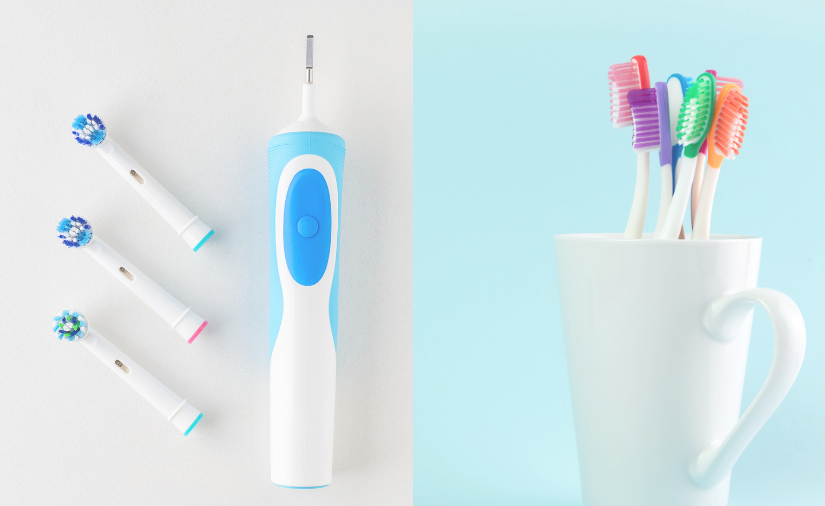
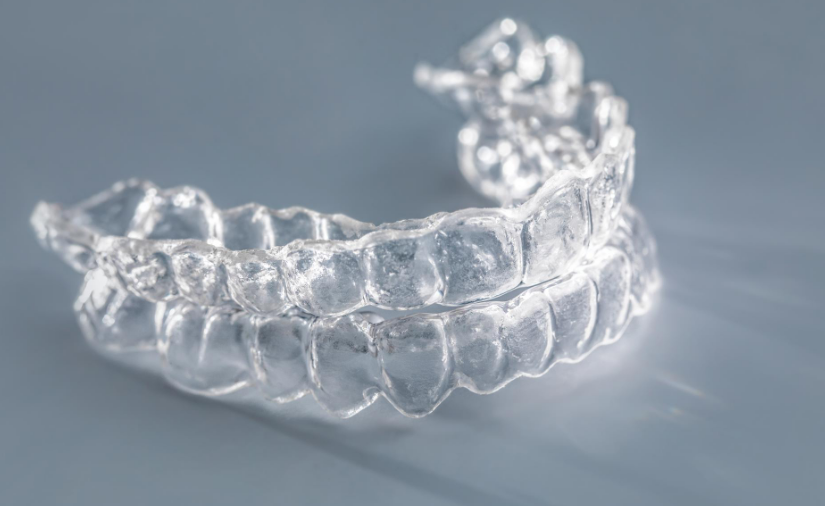
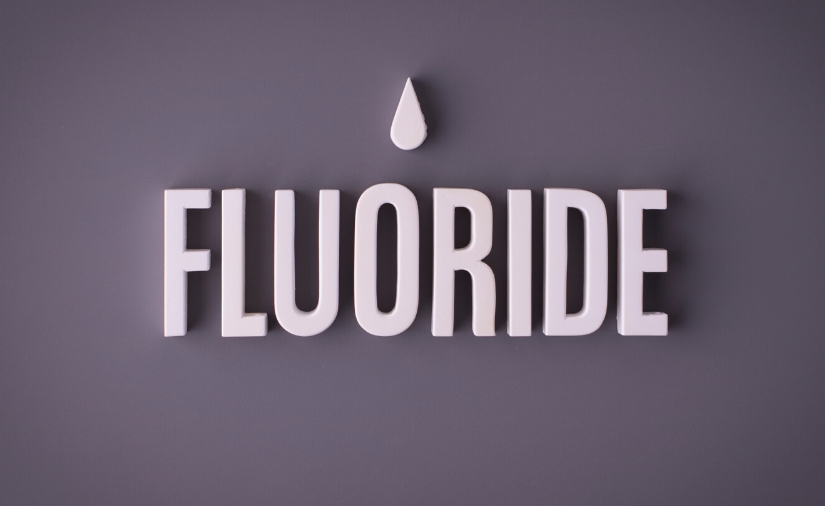
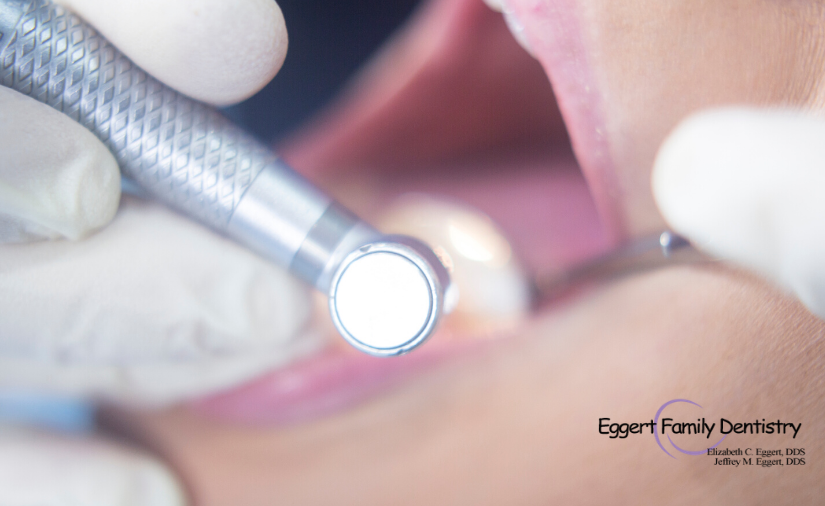

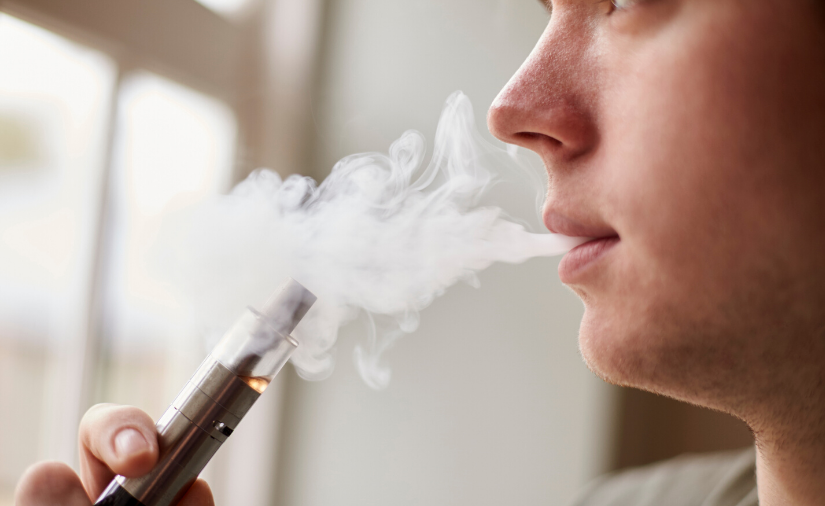

 Medications: Over 400 commonly prescribed medications list “dry mouth” as a possible side effect
Medications: Over 400 commonly prescribed medications list “dry mouth” as a possible side effect Burning sensation in the mouth
Burning sensation in the mouth
 When teeth and gums are not properly cared for, bacteria builds up, causing plaque to form and inflaming the gums. When gums become inflamed, bacteria can easily sneak under the gums and enter the bloodstream. Bacteria in the bloodstream can infect tissues throughout the body and make you sick.
When teeth and gums are not properly cared for, bacteria builds up, causing plaque to form and inflaming the gums. When gums become inflamed, bacteria can easily sneak under the gums and enter the bloodstream. Bacteria in the bloodstream can infect tissues throughout the body and make you sick.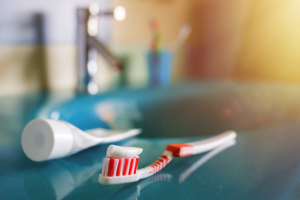 During cold and flu season, vigilance is your best defense. In addition to healthy eating, routine handwashing and getting enough sleep, it’s important to practice good toothbrush care. At Eggert Family Dentistry, we recommend tossing your toothbrush after any cold or flu to avoid the likelihood of reinfection. We also recommend washing your hands before you brush and floss, rinsing your toothbrush well and allowing it to air dry after each use and keeping family members’ toothbrushes separate from each other in order to avoid cross-contamination. And regardless of the season, don’t ever share a toothbrush!
During cold and flu season, vigilance is your best defense. In addition to healthy eating, routine handwashing and getting enough sleep, it’s important to practice good toothbrush care. At Eggert Family Dentistry, we recommend tossing your toothbrush after any cold or flu to avoid the likelihood of reinfection. We also recommend washing your hands before you brush and floss, rinsing your toothbrush well and allowing it to air dry after each use and keeping family members’ toothbrushes separate from each other in order to avoid cross-contamination. And regardless of the season, don’t ever share a toothbrush!
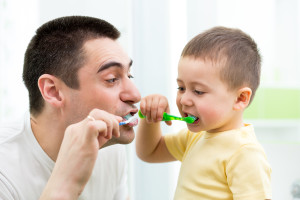 If you didn’t already have a case for taking good care of your mouth, hopefully understanding the connection your oral and physical health have with one another may help you. Here are some ways to maintain a healthy smile!
If you didn’t already have a case for taking good care of your mouth, hopefully understanding the connection your oral and physical health have with one another may help you. Here are some ways to maintain a healthy smile!


